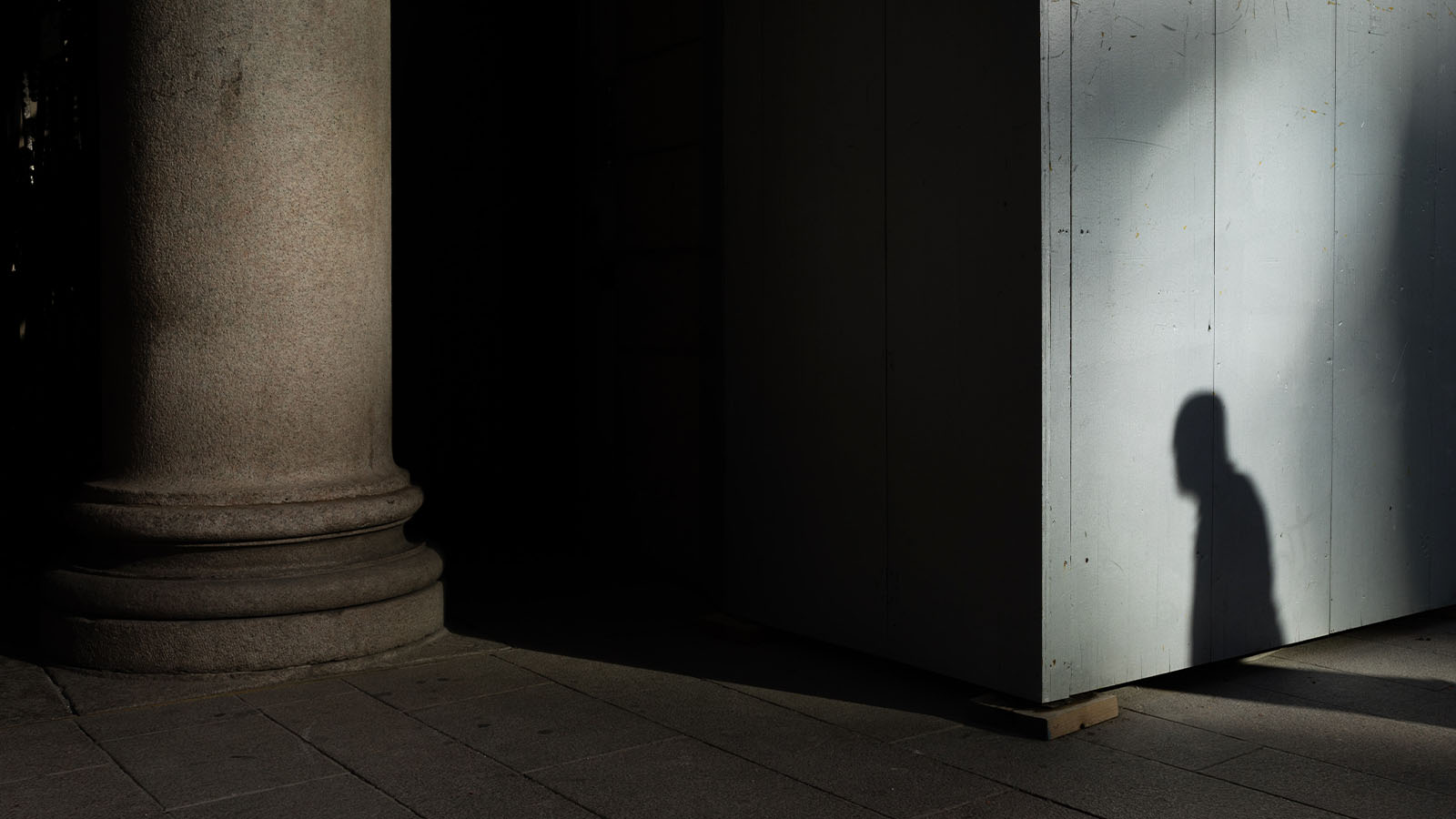There are two types of doubt. There’s the unhealthy, skeptical doubt that leads to unbelief. Then there's the healthy doubt that questions assumptions we have made that need testing. We've been told to believe certain things, but in our hearts, in the recesses of our minds, we aren’t sure. That courage to question is good.
The disciple Thomas, sometimes known as “Doubting Thomas,” is probably the most maligned apostle besides Judas. He often comes up as a cautionary tale to believers, the ultimate example of faith strangled by unbelief. What if Thomas was simply the one who said what everyone else was thinking?
Thomas represents a fight almost every believer faces in their walk with God: conflating worry with unbelief. We think if we ask questions, it means we have no faith; but Jesus loved Thomas’ questions and leaned into his doubt. Throughout the Bible, believers are encouraged to question what they’re told about God. In Acts 17, Paul praises the Bereans for carefully comparing his messages with scripture before believing him.
Doubt is defined as a tension between two competing ideas. There are only two ways to deal with them: Face them head-on and come to a resolution, or bury them in denial and say, “A good Christian doesn't think those thoughts.”
I often doubt; it’s one of my favorite tools. I grow more through doubt than I do through anything else. I know it sounds odd for a Christian leader to say, but I take great joy in my doubts. The great biblical scholars, contemplative prayer warriors, thinkers, and men and women of God who have made an impact throughout history all dared to question and test what they had been told. They put the truth through rigorous quality control and left behind rich legacies and examples for us to follow.
Many churches today have sermons like “Three Steps to Prosperity” or “Five Steps to Contentment in Your Job.” If you preach only those kinds of sermons 52 Sundays a year, ten years later you're going to have a church full of shallow Christians. Your church may be a mile wide, but it will be only an inch deep. Your congregation’s spiritual roots won’t be deep enough to withstand the storms of life and the tests of its faith.
Having doubts doesn’t mean you don’t believe. It means you’re hungry for the truth and honest enough to settle for nothing less.

